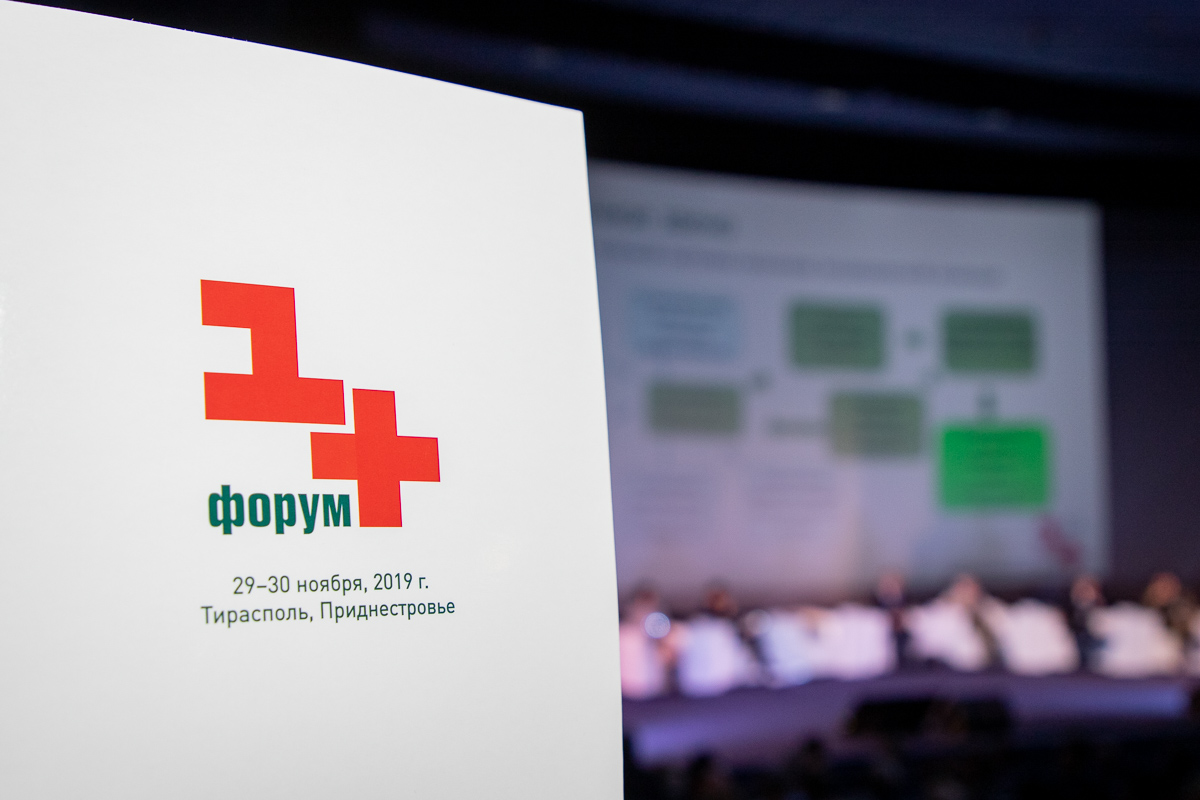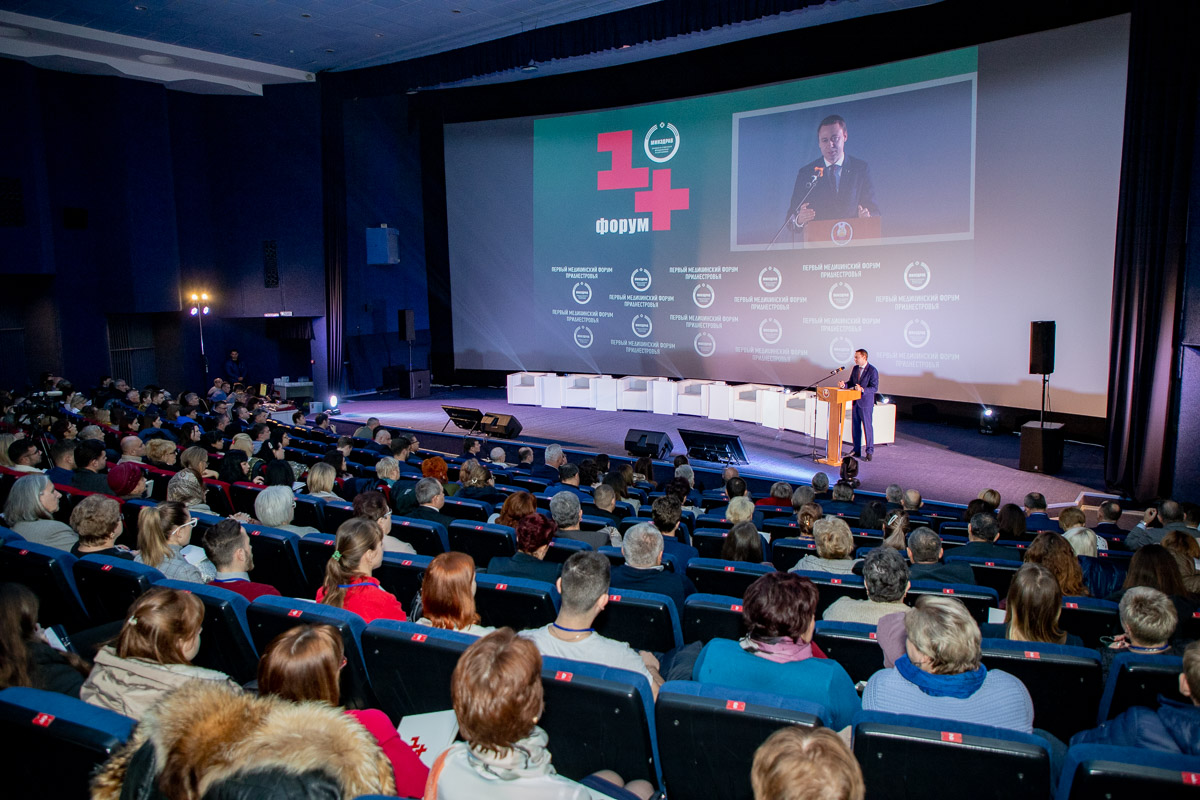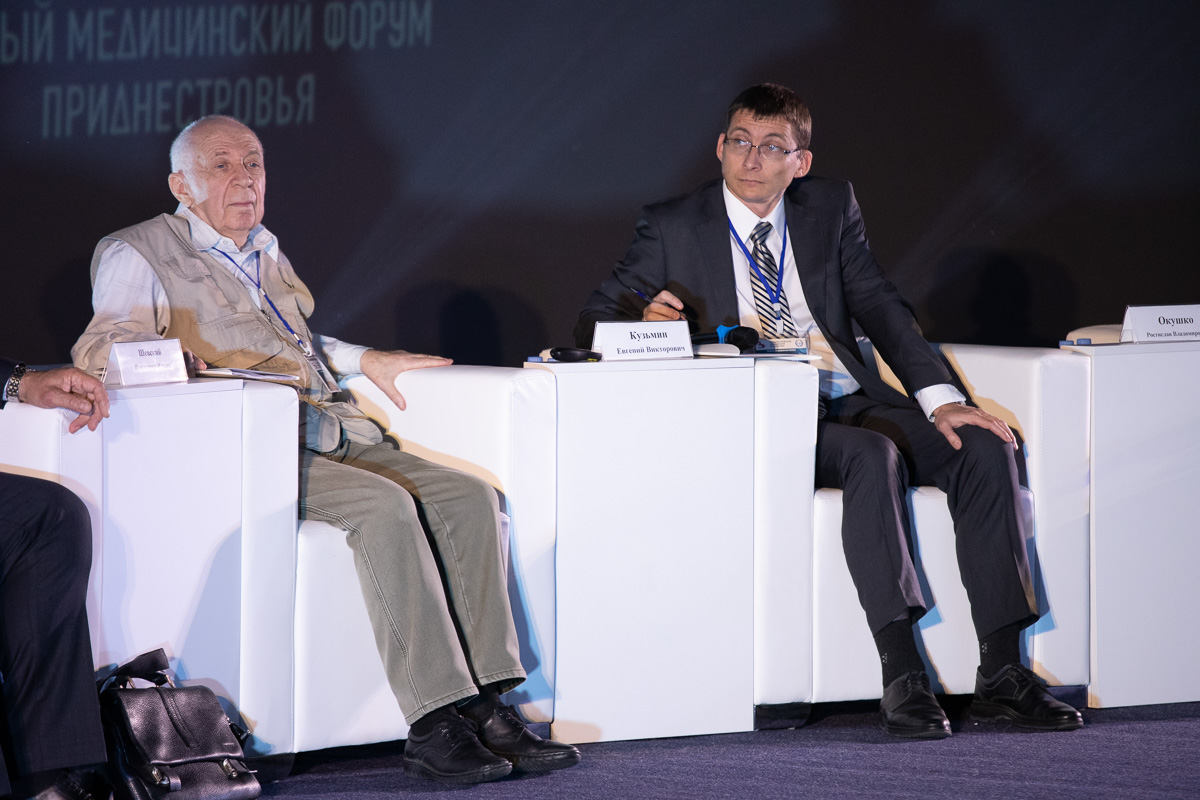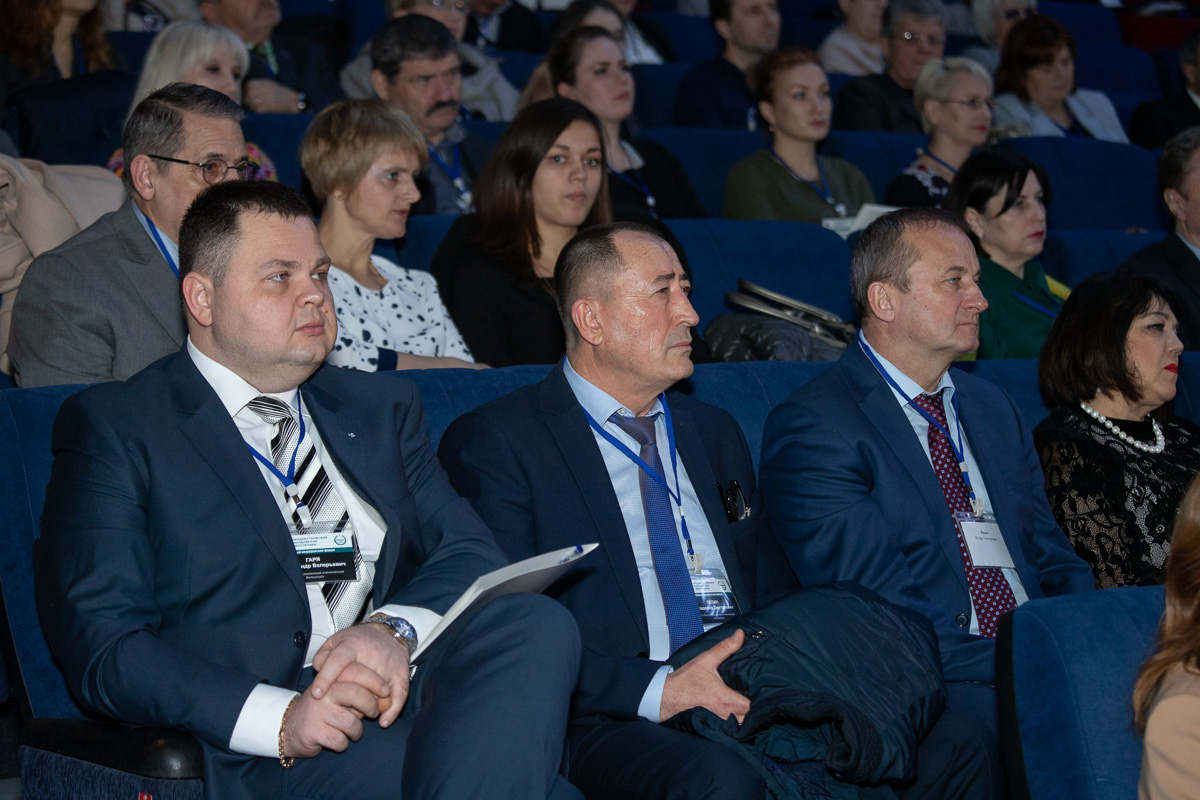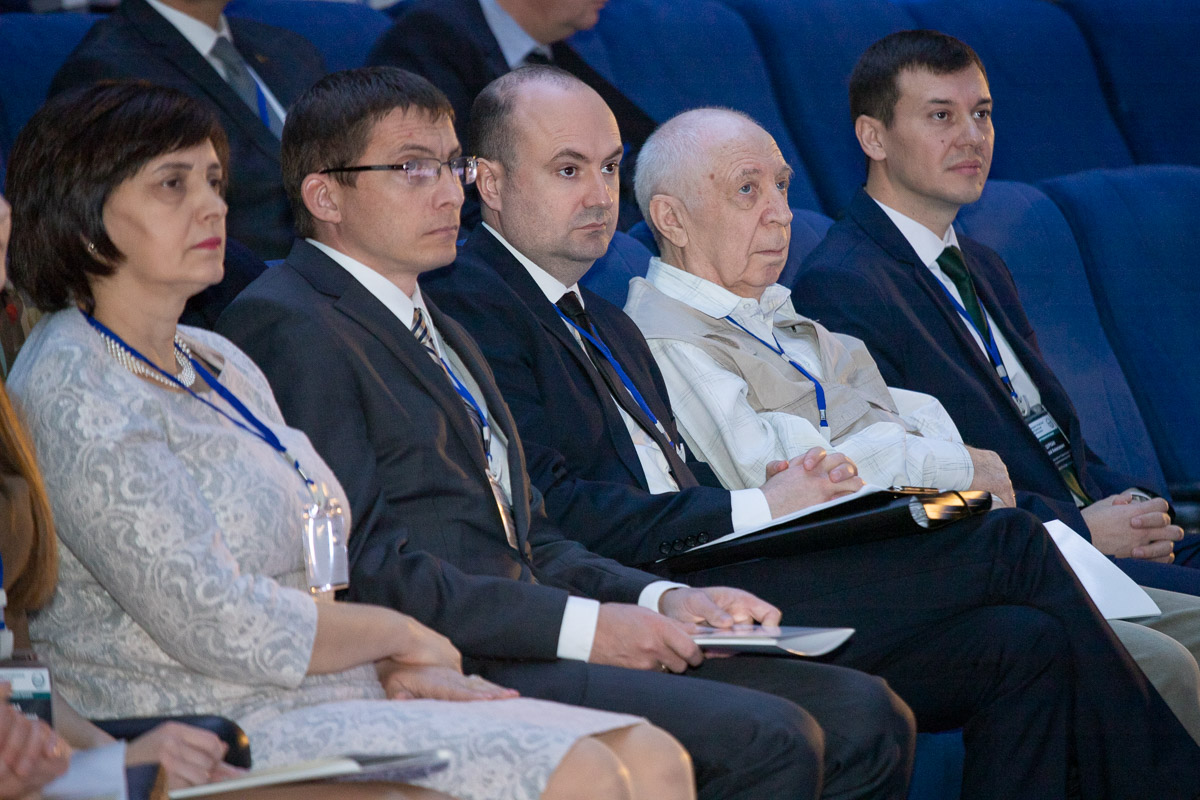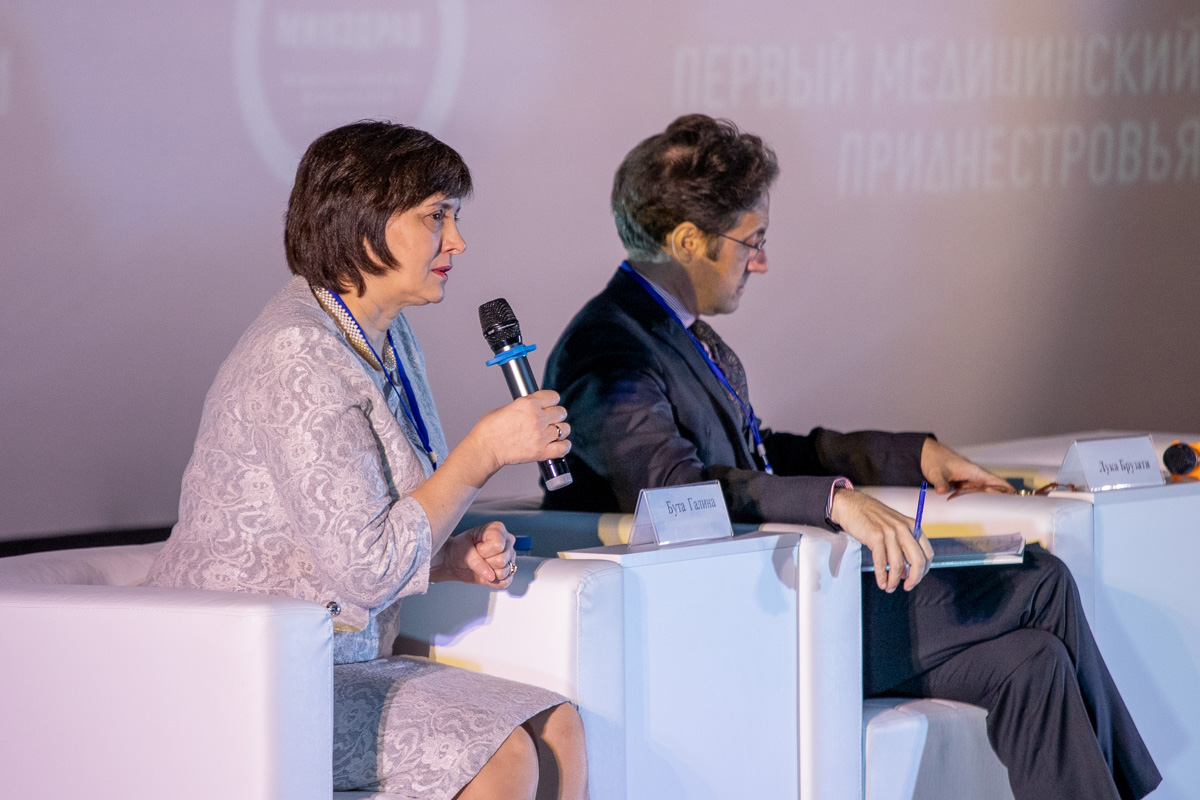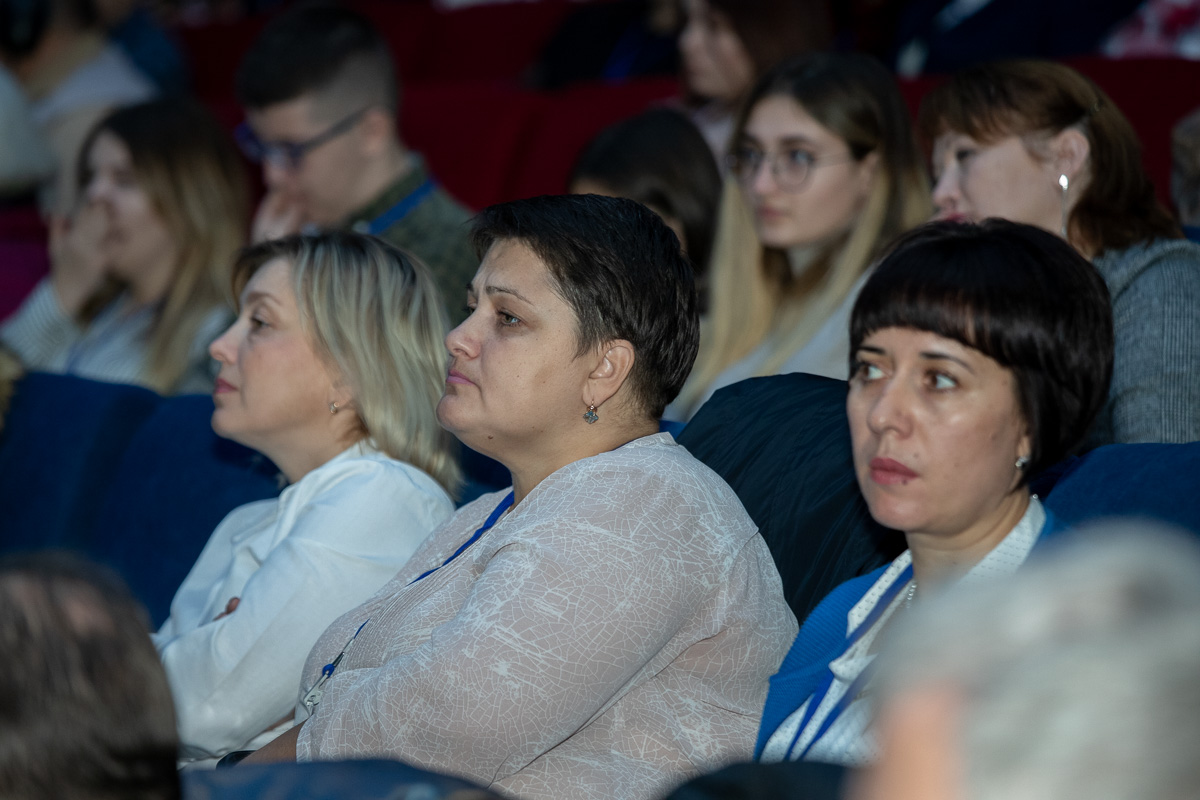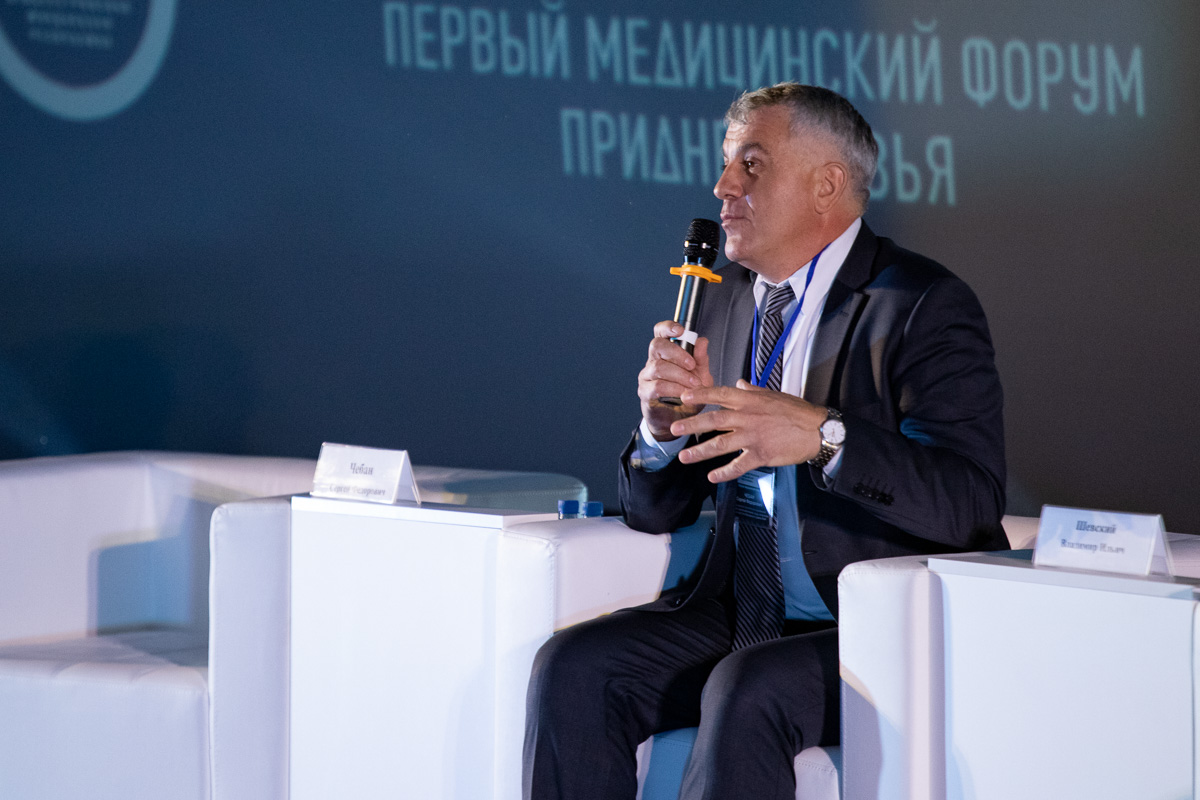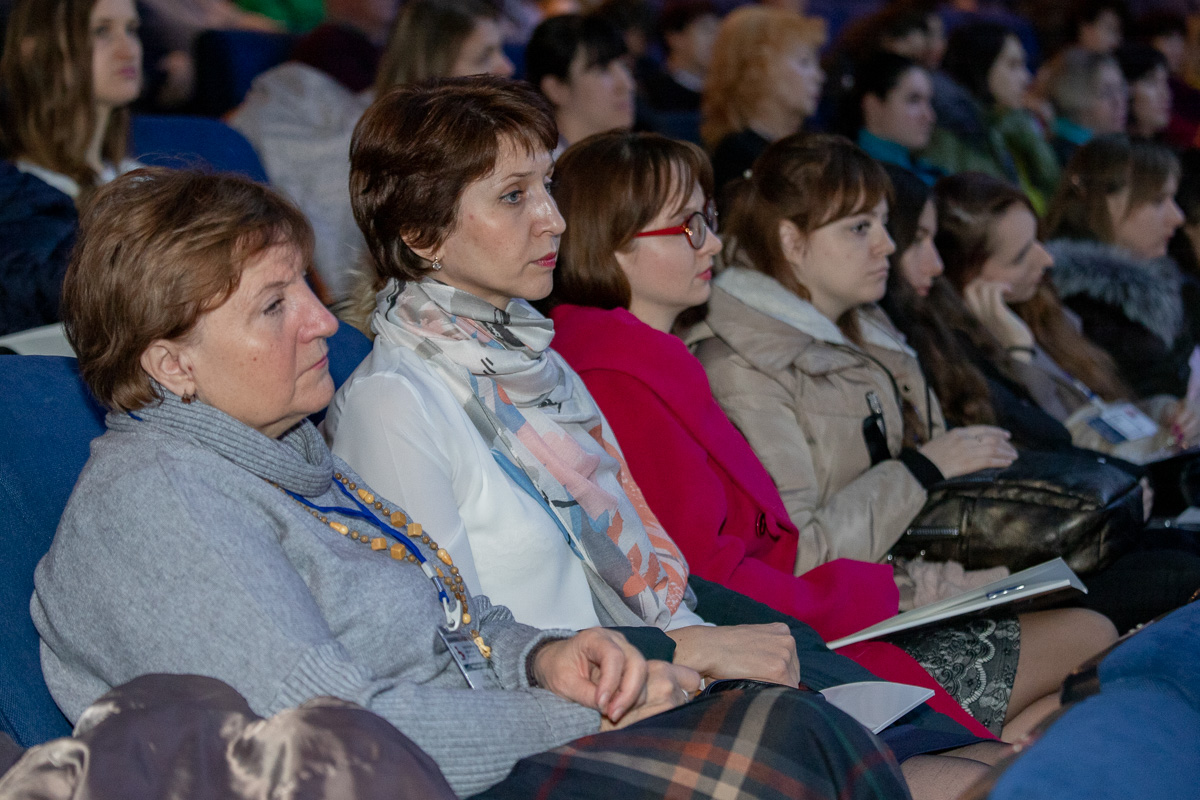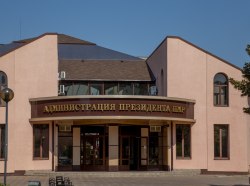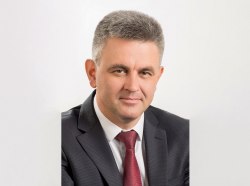Tiraspol, November 29. /Novosti Pridnestrovya/. One of the events of today's forum is the concept of health care development. Presenting it, Deputy Minister of Health Evgeny Kuzmin called for breaking the virtuous circle - the one that shifts the necessary focus and makes the medical care system rigid and ineffective. Now, due to not very high-quality work of the primary link (doctors), the secondary link (narrow specialists, diagnostic service, and hospitals) is overloaded. The outflow from the district doctors began in the 90s. A small salary, a high load forced them to leave for another specialization or even out of the profession.
“Today, there are 30% pensioners among doctors. The need for them is 2 times higher than that of doctors of a different profile. In addition, 85% of these doctors do not have a qualification category. A low salary and a very high load - up to 3-4 districts - reduce motivation and quality of work,” Evgeny Kuzmin said.
As a result, patients massively (sometimes independently) turn to narrow specialists, often when the disease is already progressing. The number of unjustified admissions to the hospital is high (hospitals are interested in this because of the estimated funding), and this is the most expensive form of care.
Tasks and Goals
Now, there are 280 doctors in the republic, 35 of them are family doctors. The goal is to increase this number to 380, so that the lion's share of this number falls on family doctors.
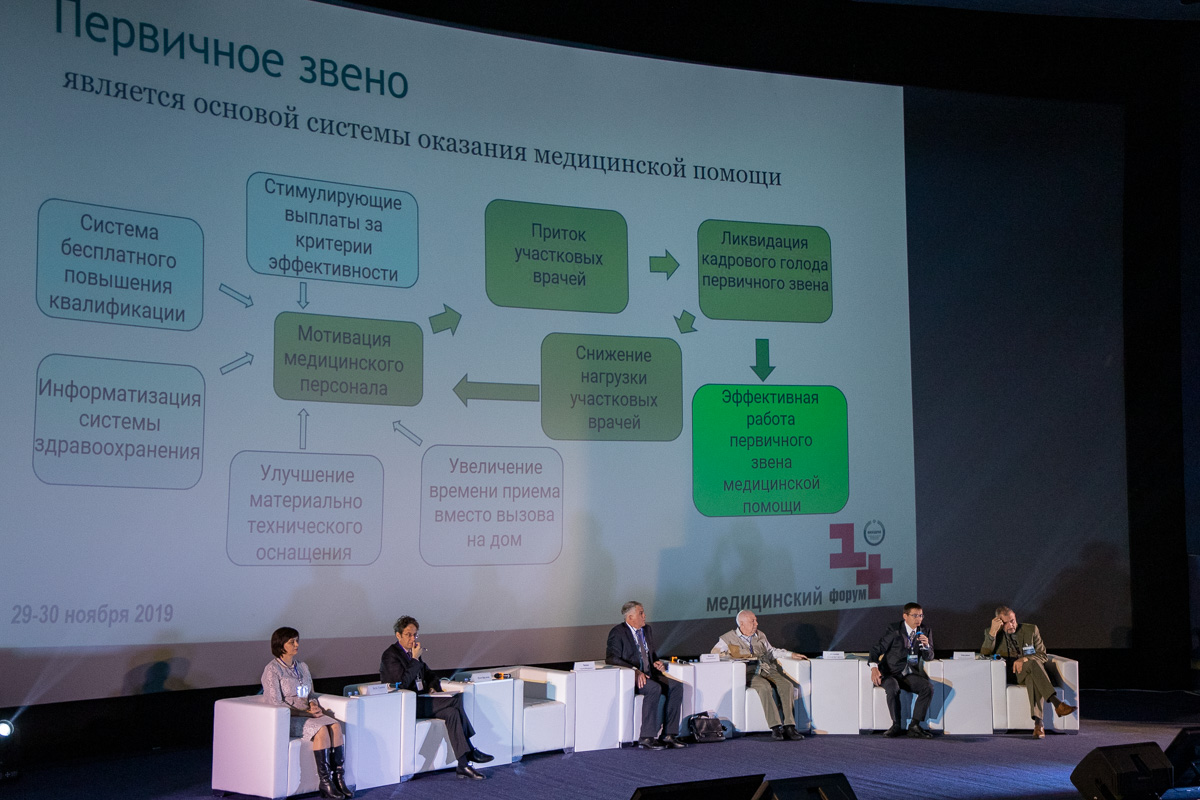
Since last year, they have already begun to conduct continuing education courses (so far for obstetricians, therapists and pediatricians) and invest in the infrastructure of medical facilities. For two years, they spent about 60 million rubles in total, and this year almost 20 of them went to improve working conditions in village health center, health posts staffed and polyclinics, that is, in that same primary care unit.
“In 2020, we want to introduce incentive allowances according to performance criteria, substantially raising the level of salaries, including the local ones. We need the information system development to reduce paper document flow, we will also continue to improve the equipment and working conditions of doctors. This is the repair of clinics, fitting them with modern equipment. We also plan to increase the time for receiving patients in polyclinics by reducing the time for house calls and to reduce districts in order to reduce the load upon the doctor,” the Deputy Minister of Health said.
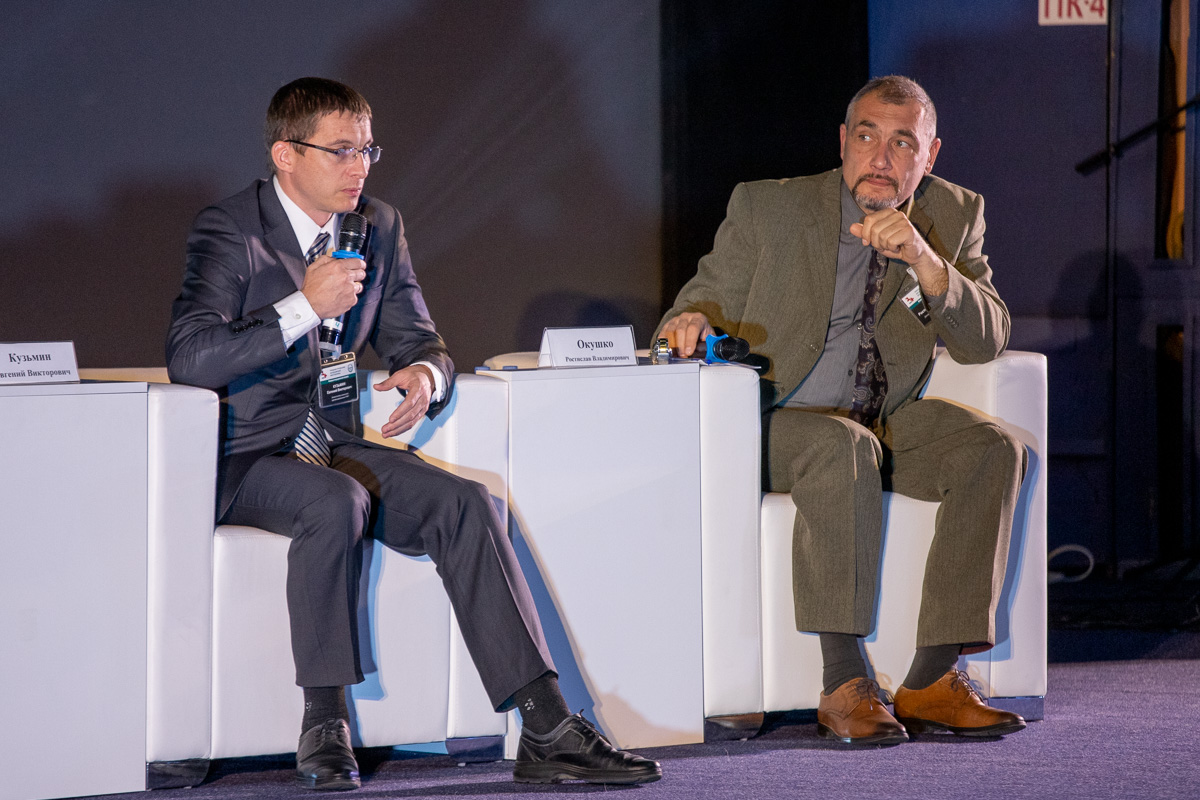
All this (due to more effective treatment) will help reduce the number of people with chronic diseases and their exacerbations and, as a result, reduce the need for institutional care. The goal is to change the system and quality of the primary care unit work so that they can cope with 70–80% of visits at their own level, and refer patients with more complex cases to specialized specialists.
Emphasis on Family Medicine
However, mechanically changing the system is not enough; the approach of the doctors themselves must be different in order to treat not the effect, but the cause. This was stated by an expert of the World Health Organization, a consultant to the Higher School of Economics, Honored Doctor of Russia Vladimir Shevsky. The same diseases can occur in different ways and it is not possible to formalize (despite the long-developed treatment algorithms) all cases. A good doctor, possessing systemic thinking, sees the big picture and, when treating, takes into account the influence of a large number of factors.
“When a patient comes to the doctor, the doctor must study him as a whole in order to understand where the source of the disease is. In medicine, systemic thinking serves as the basis for pathogenetic understanding - a logical understanding of disease processes as opposed to a local symptomatic approach. The symptomatic approach leads to the fact that the cause is not eliminated, and the disease develops further. For example, when one has a headache, they forget that it can be kidney damage, so they just give a cure for the headache,” he explained.
Another point is the replacement of the concept of healing with the provision of medical services. According to the Russian expert, this is not just a game of terms, it is a substitution of concepts that worsens the treatment system as a whole.
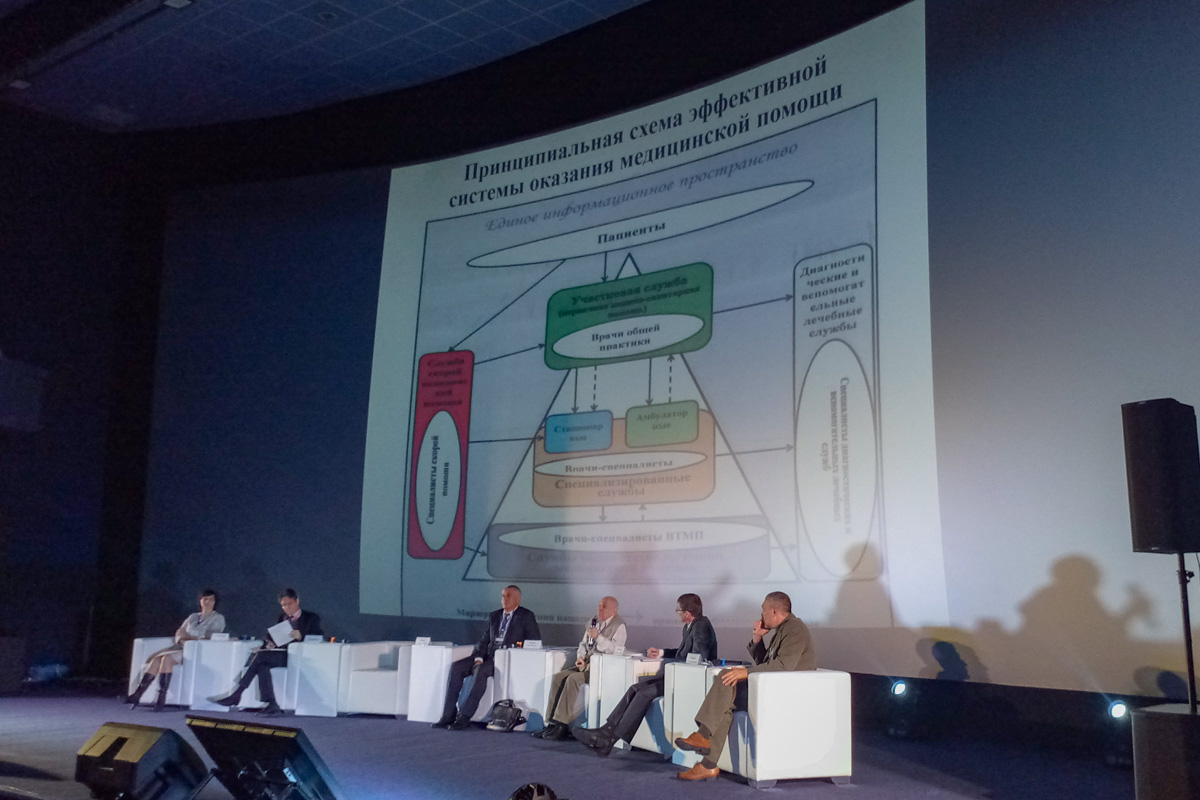
Family doctors or general practitioners are called upon to provide a systematic approach to an effective healthcare system. Their powers and competencies should be wider than those that are available today for district doctors. Keeping the medical history of a particular patient, they track all the information, including the results of treatment by narrow specialists. He is also familiar with the conditions and lifestyle of the patient, which helps to better understand where this or that disease came from and how to cure it.
“If we are talking about changing the system and making the primary link a priority, then it is necessary to give this doctor certain competencies and rights. Unlike a specialist doctor, when a patient comes to him is a separate episode, the district doctor conducts continuous monitoring. This is the basis of the prevention that we talk so much about. The success of prevention lies precisely in strengthening this function, rather than erecting large-scale structures”, Vladimir Shevsky says.
The Chairman of the Supreme Council Committee on Social Policy, Health, Labor, Family and Childhood Issues, Sergey Cheban recalled that the republic had been talking about strengthening primary care for a long time.
“The introduction of family medicine is very important. Many countries are turning to such a system of work, and the result is positive, because this ensures continuity in treatment. Only through a family doctor we can change the current situation”, he said.

